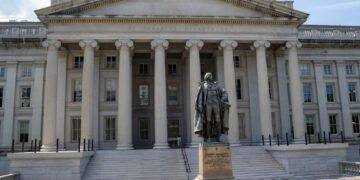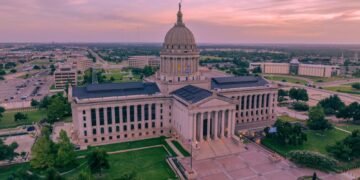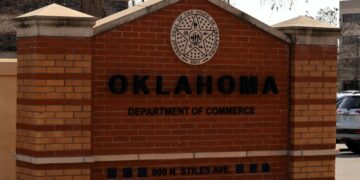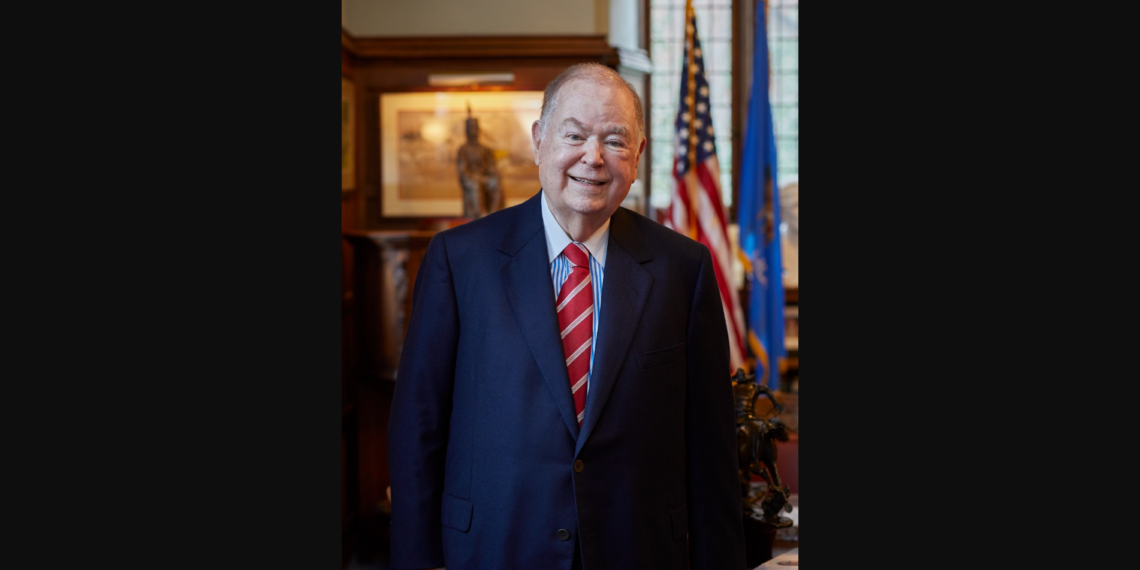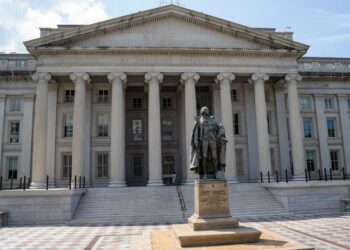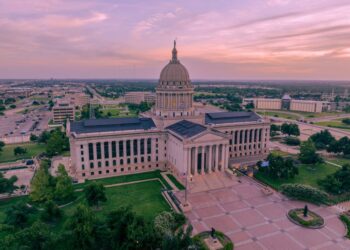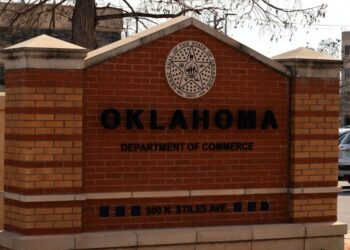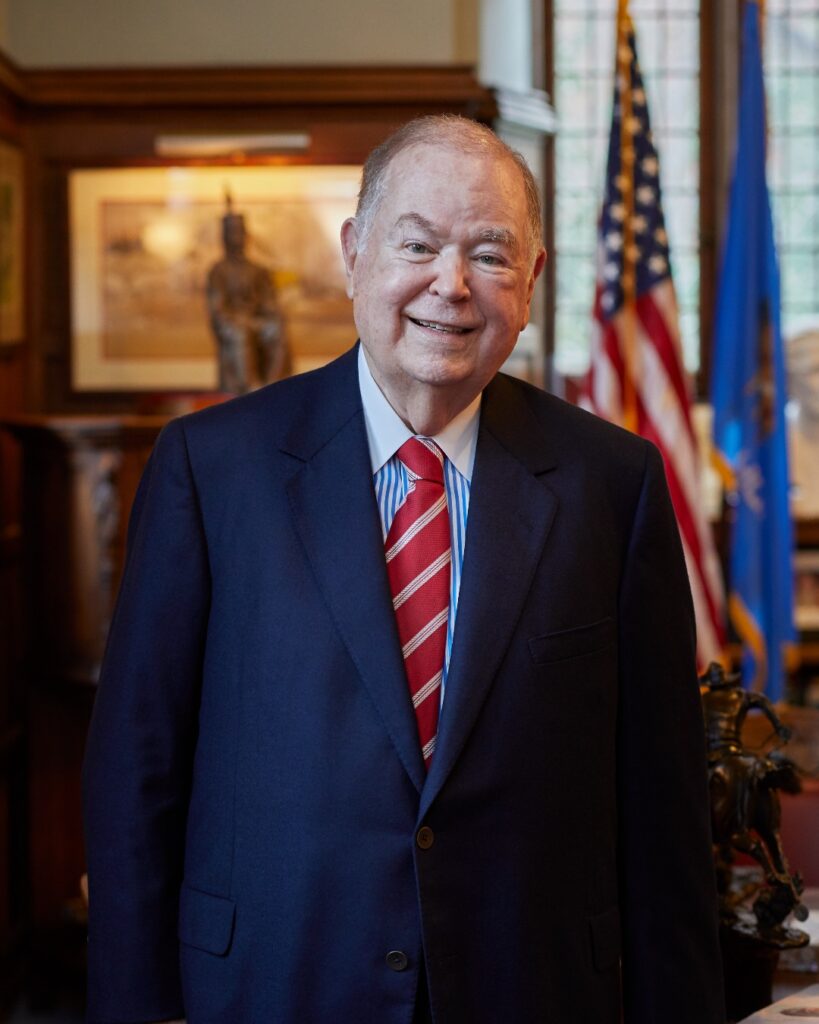
OKLAHOMA (OBV) — Former Oklahoma Governor David Boren died Thursday in his Norman home at the age of 83.
Boren served as Oklahoma’s governor from 1975 to 1979 and as a U.S. Senator for the state from 1979 to 1994. He was also president of the University of Oklahoma following his time in the Senate.
“Today, I join Oklahomans in mourning the loss of former Governor David Boren, who dedicated his life to serving our state. His love of Oklahoma was evident in everything he did. Sarah and I extend our heartfelt condolences to his wife, Molly, and the entire Boren family,” said Gov. Kevin Stitt in a statement.
Stitt ordered all flags on state property to be flown at half staff until Boren’s interment.
University of Oklahoma President Joseph Harroz Jr. released the following statement in tribute to Boren:
“Few individuals have so wholeheartedly dedicated their careers to serving others as President Boren, who was driven by a bold vision to create a better, stronger future.
He was guided by a steadfast philosophy of serving the greater good, as well as an enduring belief in the transformative power of education.”
OU President Joseph Harroz Jr.
Oklahoma House of Representatives Democratic Leader Cyndi Munson said Boren leaves a great legacy in the state.
“I am saddened to learn of the loss of David Boren,” Munson said. “He made significant contributions to Oklahoma as Governor, University President, and United States Senator—but more importantly as a husband, father, and grandfather. He has, without a doubt, left his mark on our state and country. I send my love to the Boren family, his friends, and colleagues. May he rest in peace.”
Boren was born in Washington, D.C., on April 21, 1941, the son of U.S. Rep. Lyle H. Boren and Christine Boren, according to the Oklahoma Historical Society.
He attended public school in Seminole, Okla., and Bethesda, Md., and obtained a Rhodes Scholarship to attend Oxford University in England, where he earned a master’s degree in 1965. He received his law degree from the University of Oklahoma in 1968.
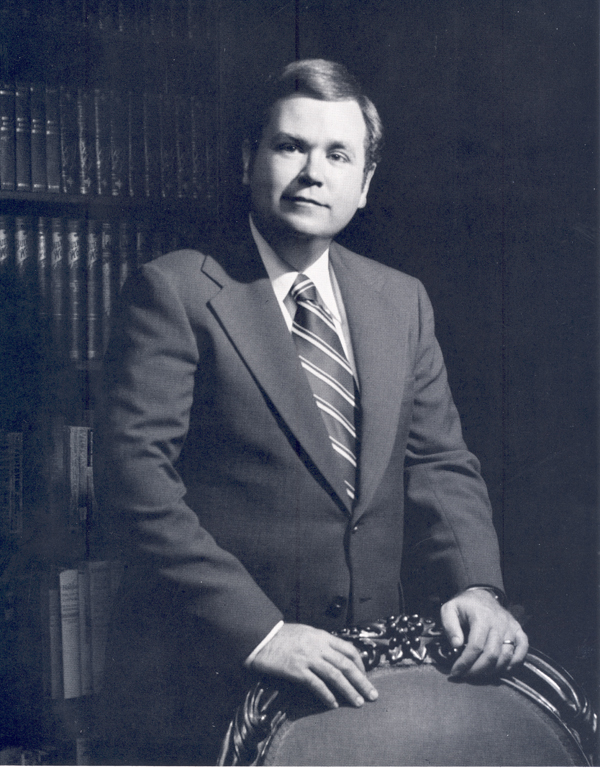
He was elected to the Oklahoma House of Representatives from Seminole County in 1967. He served four terms until 1974, the year he became governor. During that time he also practiced law in Seminole, rose to the rank of captain in the Oklahoma Army National Guard and chaired the social sciences department at Oklahoma Baptist University in Shawnee.
His campaign for governor was symbolized by brooms representing the “Boren Broom Brigade”. He pledged to “sweep out the Old Guard” and fundamentally reform the state government. He campaigned on requiring competitive bidding for state bank deposits and for professional services, corrections reform, campaign finance disclosure laws and open meeting and public voting by all state legislative committees and state boards and commissions, according to the Historical Society.
Boren, a Democrat, defeated Republican competitor James Inhofe and became the youngest governor in the nation at age 33.
As governor, he focused on reform. He sponsored a wide range of legislation, including eliminating the inheritance tax between spouses and reducing the income tax. He also sponsored a statewide referendum that partially reorganized the executive branch, making the offices of secretary of state, labor commissioner and chief mine inspector appointive and eliminated the post of commissioner of charities and corrections, according to the Historical Society.
He championed and achieved “sunset” legislation in 1977 that resulted in the elimination of more than a hundred state agencies, commissions and boards. He also pushed for significant reform to the Workers’ Compensation Law.
His administration developed a leadership enrichment program and spearheaded state funding for gifted and talented public school students.
Boren gained national fame during the “gasoline crisis” of the mid-1970s, when he supported deregulating natural gas prices at the federal level. President Jimmy Carter appointed Boren chair of a task force of representatives from 30 states to study the problem.
He ran for the U.S. Senate in 1978 and won. He rose to prominence in the Senate and became chair of the Senate Intelligence Committee. He was reelected twice but resigned in 1994 to become OU president. He was the first Oklahoman to serve as a state legislator, governor, U.S. senator and president of the University of Oklahoma, according to the Historical Society.
He established the Oklahoma Foundation for Excellence. He substantially raised contributions to the University of Oklahoma by the end of the Twentieth Century, making OU one the best-funded universities in the nation. He retired as president of the university in 2018.


